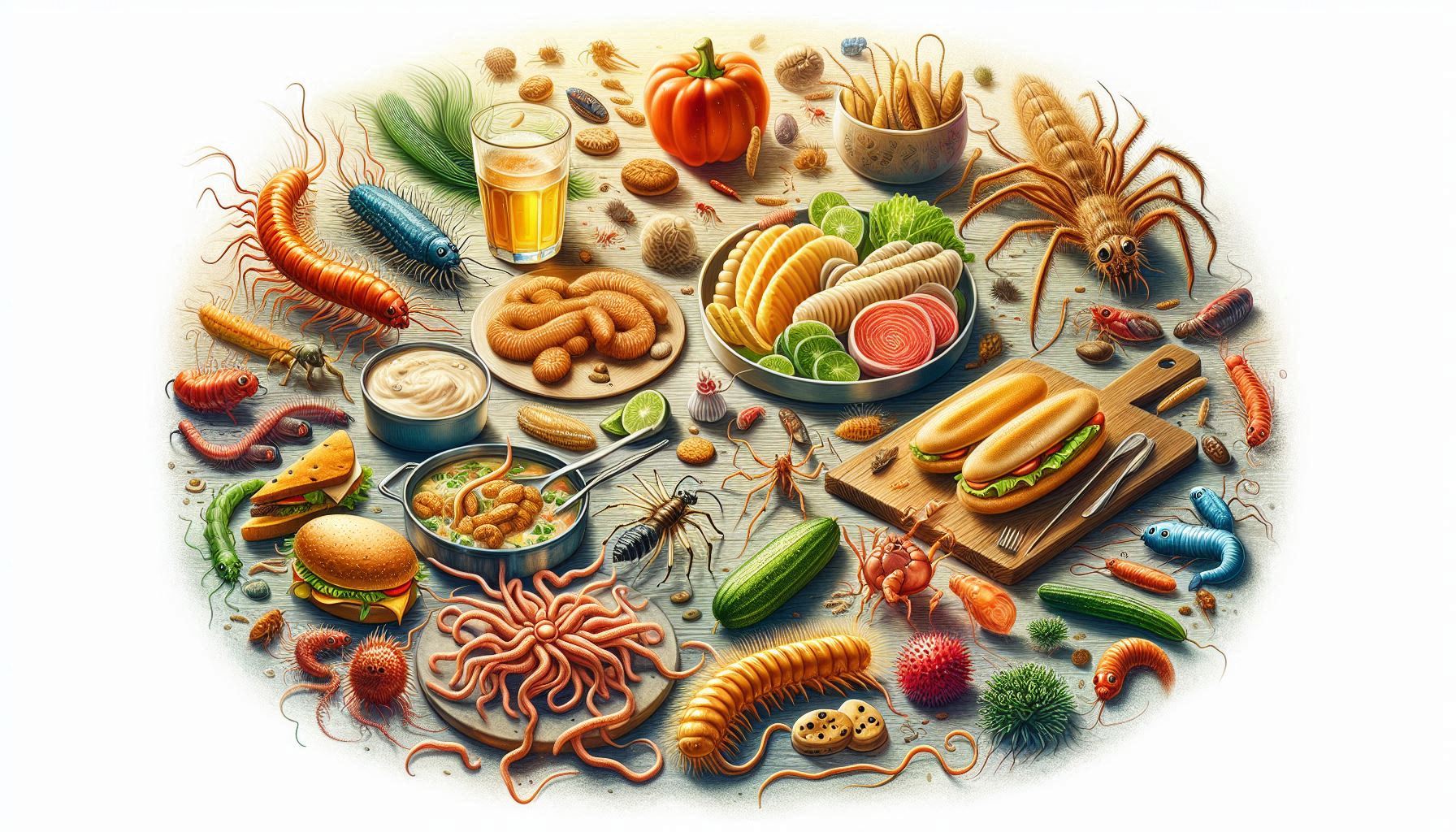
Salmonella is one of the most concerning pathogens in the food industry, responsible for thousands of infections annually. Its ability to spread quickly through various vectors, such as pests and undercooked or improperly handled foods, makes it an ongoing challenge for companies in the sector. The need to implement preventive measures, hygiene practices, and pest control is imperative, especially considering the requirements of the ISO 22000:2018 certification, which aims to ensure food safety through a management approach. With the services of Fumigaciones JJMiteri, the food industry can effectively prevent the entry of pathogens like Salmonella, minimizing risks and maintaining the highest standards of quality and food safety.
What is Salmonella and Why Is It So Dangerous?
Salmonella is one of the most common and dangerous bacteria in the food industry, responsible for illnesses like salmonellosis, which presents symptoms of diarrhea, fever, abdominal pain, and vomiting. There are multiple serotypes of Salmonella, some of which have the ability to survive in various environments, increasing their danger in food production and storage areas. Contamination by Salmonella not only affects public health but also damages the reputation and sustainability of food companies, leading to high product recalls and loss of consumer trust.
Transmission Mechanisms in the Food Industry
Salmonella can be present in a variety of foods, such as meat, eggs, dairy products, and vegetables that have been in contact with contaminated water. In addition to cross-contamination on surfaces and utensils, a less obvious but significant route is transmission through pests. Rodents, cockroaches, and other insects can carry the bacteria on their bodies, legs, and feces, contaminating surfaces and food as they move around. Without effective pest control, the food industry is exposed to a constant risk of Salmonella outbreaks, highlighting the importance of a comprehensive pest prevention and monitoring system.
Prevention Strategies and the Role of Professional Pest Control
To minimize the risks of Salmonella, the industry must implement strategies that include cleaning, disinfection, and waste management. Fumigaciones JJMiteri provides specialized services that range from eliminating common pests to inspecting potential entry points in food facilities. We use effective pest control techniques and safe products that comply with the food safety guidelines set forth by ISO 22000:2018. Our preventive approach ensures that facilities not only eliminate vectors but also maintain safe environments in the long term.
ISO 22000:2018: The Food Safety Management Standard
The ISO 22000:2018 certification establishes guidelines for a food safety management system tailored to the specific needs of each business. This standard requires the establishment of prerequisite programs (PRPs), which include cleaning practices, infrastructure maintenance, and effective pest control. Fumigaciones JJMiteri works closely with food businesses to ensure these practices are implemented and maintained according to the standards, including periodic audits and staff training on food safety protocols. With our support, businesses can be prepared to meet the audit requirements for quality certification.
Benefits of Having Certified Pest Control
Certified pest management is a key investment for food businesses. Not only does it minimize the risk of Salmonella contamination, but it also protects the brand's reputation and ensures strict compliance with international standards. Fumigaciones JJMiteri guarantees a safe, pest-free working environment, ensuring that the production process runs smoothly and under high levels of control. Aligning pest control with ISO 22000:2018 certification provides a competitive advantage that reflects commitment and professionalism in the food industry.
Conclusion:
Salmonella represents an ongoing threat to the food industry, but its risk can be effectively managed with professional pest control aligned with the ISO 22000:2018 requirements. By hiring Fumigaciones JJMiteri, companies not only eliminate pest vectors of pathogens but also ensure a food safety-compliant environment. This strengthens the supply chain, protects public health, and contributes to the sustainable success of the industry.
Regresar al listado